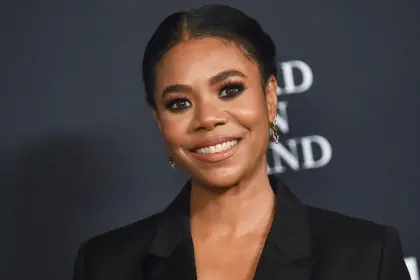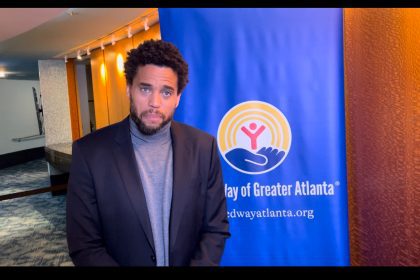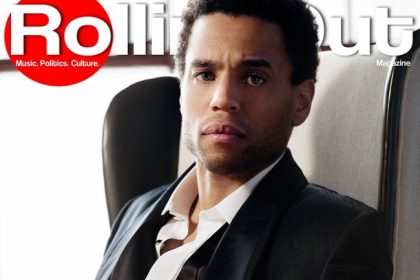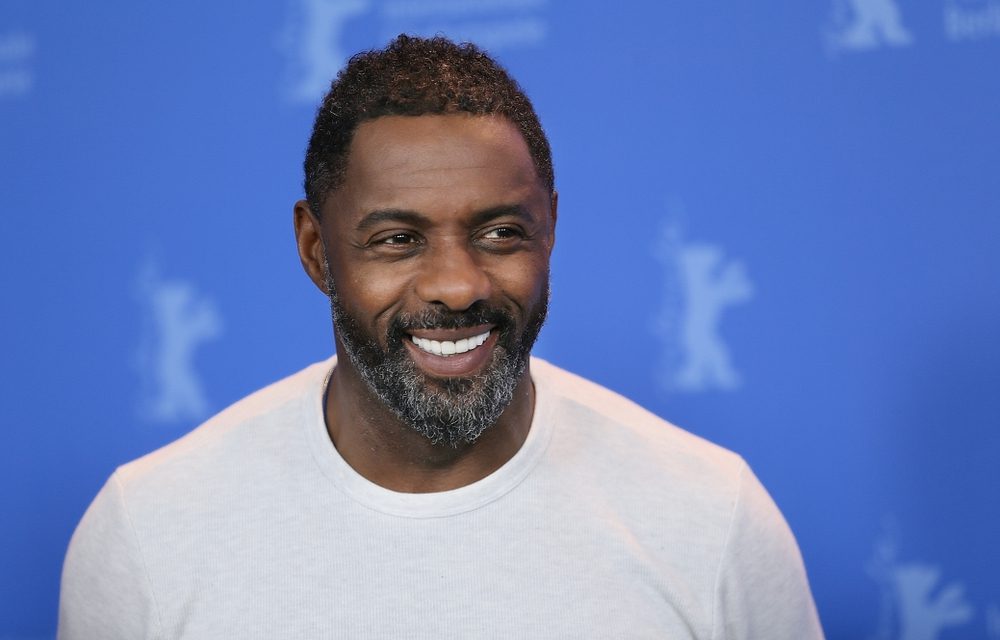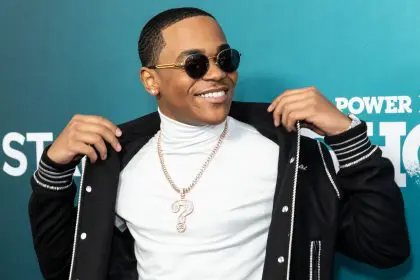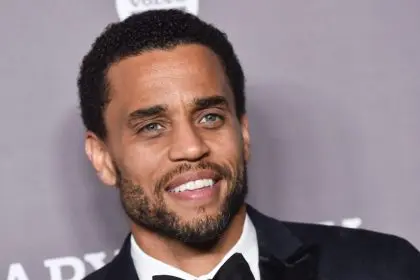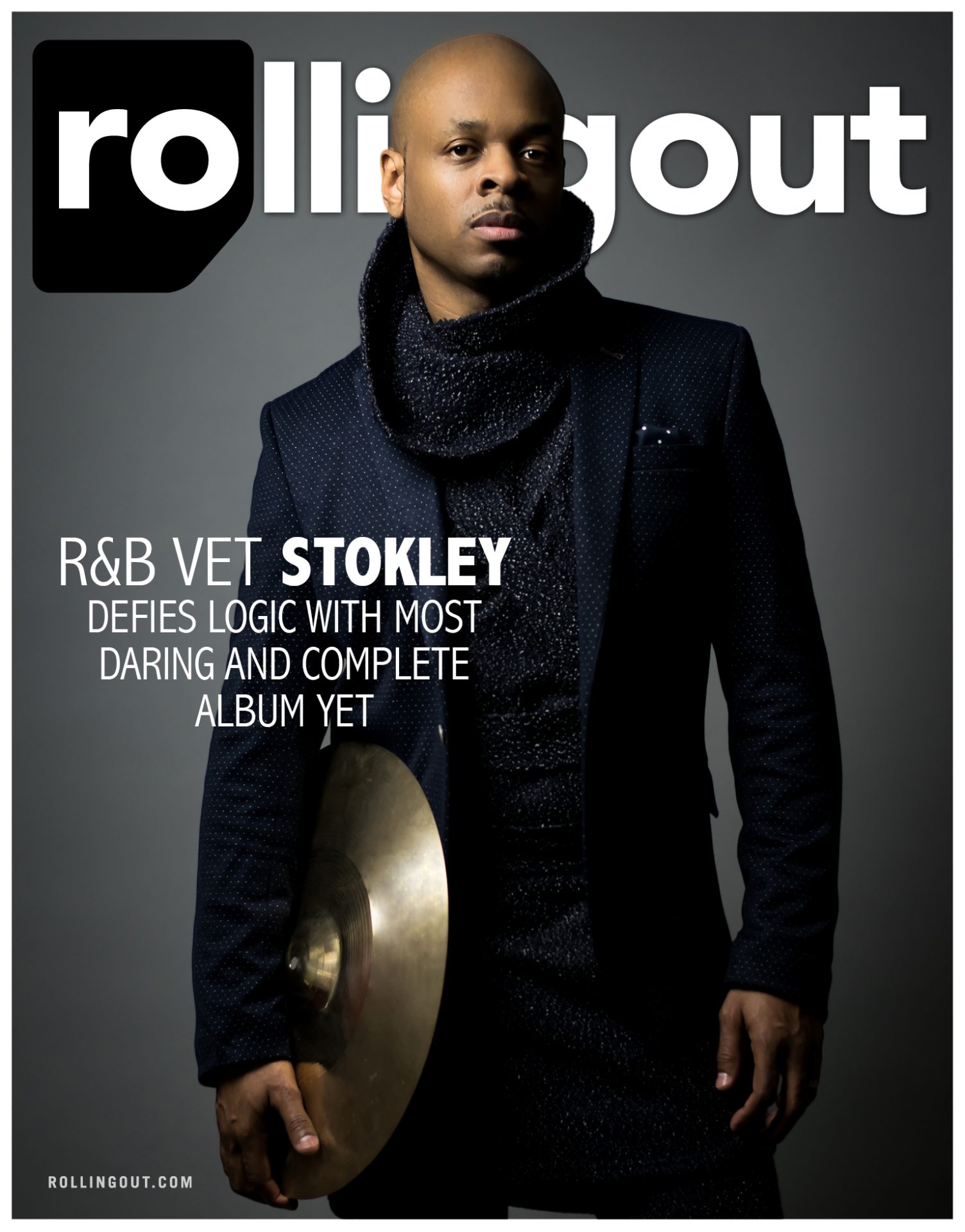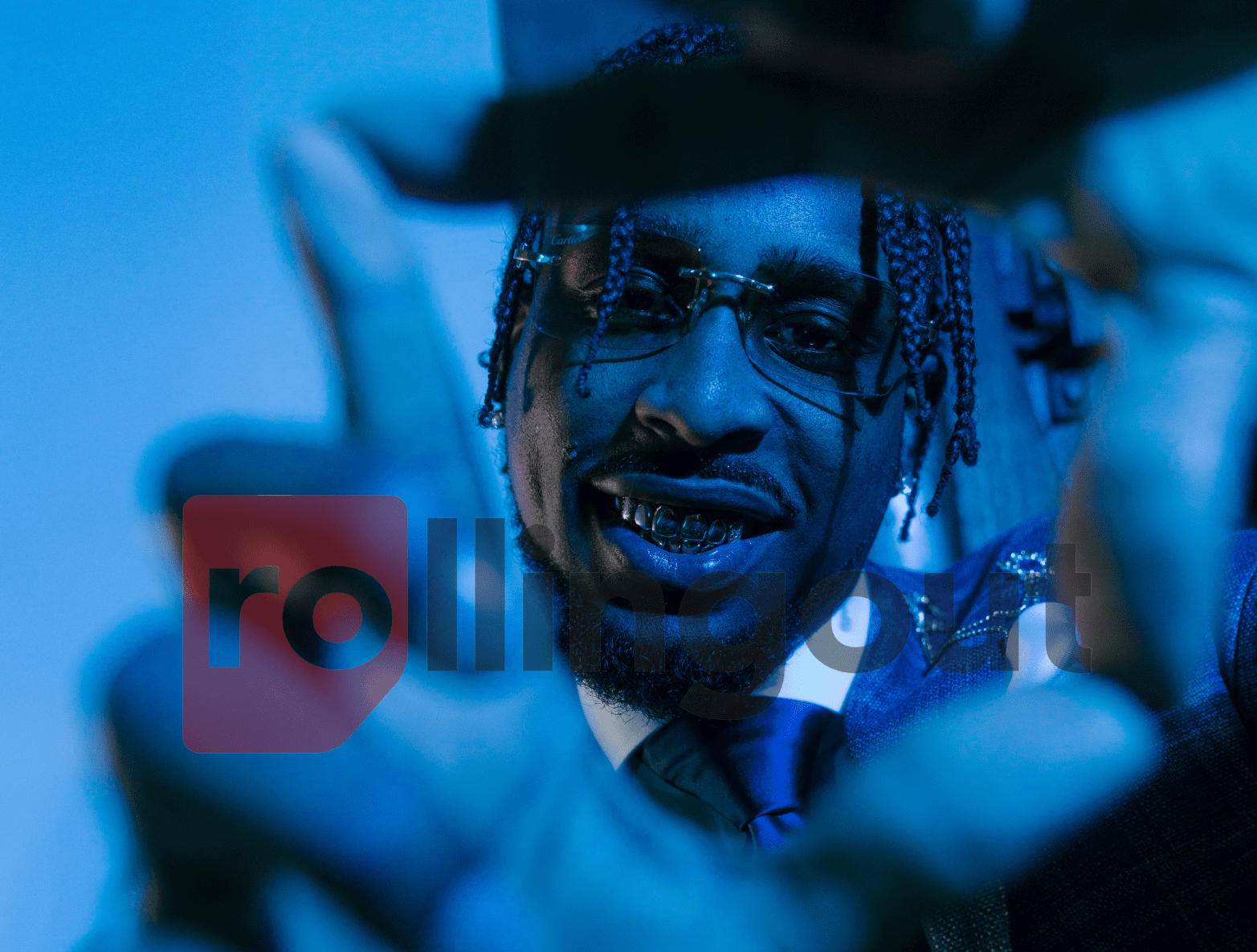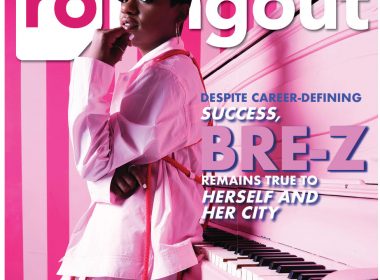Michael Ealy knows what you’re thinking. Throughout his career, the 42-year-old actor has been one of Black Hollywood’s most fawned over leading men. Starring as a romantic lead in films like Think Like a Man and About Last Night, it’s easy to stereotype Ealy as the standard-issue Hollywood heartthrob. But one look at the path his career has taken and it’s fairly obvious that the Washington, D.C., native has carved a diverse niche for himself. But he still has had to prove that he’s not at all one-dimensional as an actor. And in his new film, The Perfect Guy, Ealy embraced the opportunity to get a little sinister.
And even after portraying some dark characters over the years, Michael Ealy knows that you don’t think Michael Ealy can be a bad guy.
“In terms of characters, I always wanted to play a bad guy. And this was one of the first times where I saw a bad guy that I really wanted to sink my teeth into and that was definitely a part of the appeal,” he says.
In the film, Ealy plays Carter Duncan; a seemingly ideal man for heartbroken protagonist Leah (Sanaa Lathan) who turns out to be a psychopath. “It’s something that a lot of people didn’t think I could do. For the last five years, my whole plan has been working. I’ve [wanted] to do different things, I’ve been wanting to show a greater range.
“It’s kind of interesting and fun to be able to do something that goes against my ‘type,’ per se. I think I’ve been slowly breaking out of that for the last couple of years. Before I did [the USA Network series] Common Law, nobody thought I could do comedy; the studio for [the FOX series] Almost Human — they didn’t think I could play an android [laughs.] Being able to diversify the body of work is key for me — not for everybody, but for me. I relish the opportunity to go and do something different. At the time I did The Perfect Guy that was before I did The Following. This was my first time to really play a bad guy and with The Following I just took it further.”
Ealy decided that he wasn’t going to run away from the preconceived notions that studios and even some fans had regarding who or what he could effectively play. Instead, he used it to gain leverage and push for projects that showcased his range.
“There was that ‘heartthrob’ label put upon me,” he admits. “I had the opportunity to either embrace it and limit myself by riding it out, or I could use it to try and take some chances … and try and change the narrative. You think I can do that? Great. Wonderful. I’ve done that. This is what I want to do now. Since I’ve already built an audience doing what you think I can do, let me go do [this] and see if my audience rides with me on that, too. That’s been a huge joy. I think part of the appeal of this movie is the opportunity to see me play a character that’s not a ‘heartthrob.’ I’m looking forward to seeing people’s reactions after this. I feel like people will be happy with this.”
Ealy and Lathan served as executive producers on the film and he was especially eager to have a degree of control over the entire project.
“The opportunity to produce the film was huge for me because it allowed me to be even more passionate about the project because I was involved in the development of the project,” he explains. “So that in and of itself made a pretty big difference on my end. That was huge for me and that was hopefully the first step of many toward me producing more and more of my own projects.
“From an actor standpoint, we tend to complain about the project not being what we want it to be. The reality is that will never be the case unless you get involved behind the camera, as well. I think other actors have proven that,” Ealy continues. “They do their passion projects — George Clooney was one of the first people, I think, who really started doing sort of ‘one for the studio, one for myself,’ and a lot of people have started to take on projects and produce projects that they’re passionate about. If you continue to do it well and you continue to find success producing projects, you become bigger than an actor. At this point, Mark Wahlberg is more than just an actor. You become a valuable businessman in this town as opposed to just an actor that they need for this particular movie.”
Gaining some degree of influence in Hollywood is obviously important to Ealy. He’s focused on both putting himself in a position to control the stories that get told, while also challenging himself as an actor to be honest in the telling of those stories. He acknowledges that some Black actors may feel compelled to present noble depictions of Black manhood for the sake of countering pervasive racist stereotypes — but he doesn’t feel it’s necessary for actors to be so committed to positive portrayals that it stifles them creatively.
“If you feel like that, then you have a social consciousness that’s running your career and that’s great,” Ealy says — before adding, “And I went through that phase. I remember after doing For Colored Girls [in which he portrayed the abusive Beau Willie] I was like ‘I gotta do something positive after this.’ And I did an independent called Unconditional, and a lot of people really loved Unconditional and talk about how wonderful and positive it was. And yeah, it was great and I loved it, too. But don’t expect me to do that every time. Because as socially conscious as I can be, I am still an artist and I have to challenge myself — otherwise, I’d get depressed. I understand the theory that, as a Black man, you have to go out there and counter the stereotypes. But I think, in this day and age, we have enough images of positive Black men in Hollywood that all of that weight doesn’t fall on you like it used to. It’s not the same era. This doesn’t mean things are perfect, but it means things are better. We have the freedom to do better work and to do a wider range of characters. It doesn’t mean we can’t play criminals anymore.
“Laurence Fishburne as Ike Turner [in 1993’s What’s Love Got to Do With It] could’ve been looked at as a stereotypical role. But that’s an incredible performance. He had to be that good in order for you to sympathize and feel for Angela Bassett’s Tina. So you can’t be afraid to take those chances and not be liked and all these other things. You have to find your creative path. I’m just thankful that the business is in a place where I don’t have that fear anymore and I can do a movie like Unconditional or a movie like The Perfect Guy and people understand that [I’m] just playing a character.”
Ealy is not at all careless when it comes to the types of roles he seeks and the kind of actor he wants to be. He married Khatira Rafiqzada in 2012 and they have a young son named Elijah. Ealy knew that starting a family would change the way he approached his career — but it’s happened in ways that he didn’t anticipate.
“I thought that when I got married and as soon as I had a kid, I was going to take fewer chances,” he says. “I thought I was going to be like ‘I gotta get this check. I got a wife. I got a kid, I’m gonna get this steady paycheck.’ But ironically, I’ve been more creative since my son was born and I’ve been taking bigger chances since my son was born.”
Little Elijah is Michael Ealy’s biggest motivation. And he wants his career to be a source of inspiration for his son in the years to come. “I’m approaching my career in a ‘bet big or go home’ [way]. And I want him and my wife to be proud of the choices I make and approaches I take to my career. I want them to see my choices as fearless now. That’s where I am. In 10 years, it might be different. In five years, it might be a different story. I might go back to wanting to get the check!” Ealy says, laughing. “But right now, when my son is old enough, I want him to be proud of the choices his dad made.”


